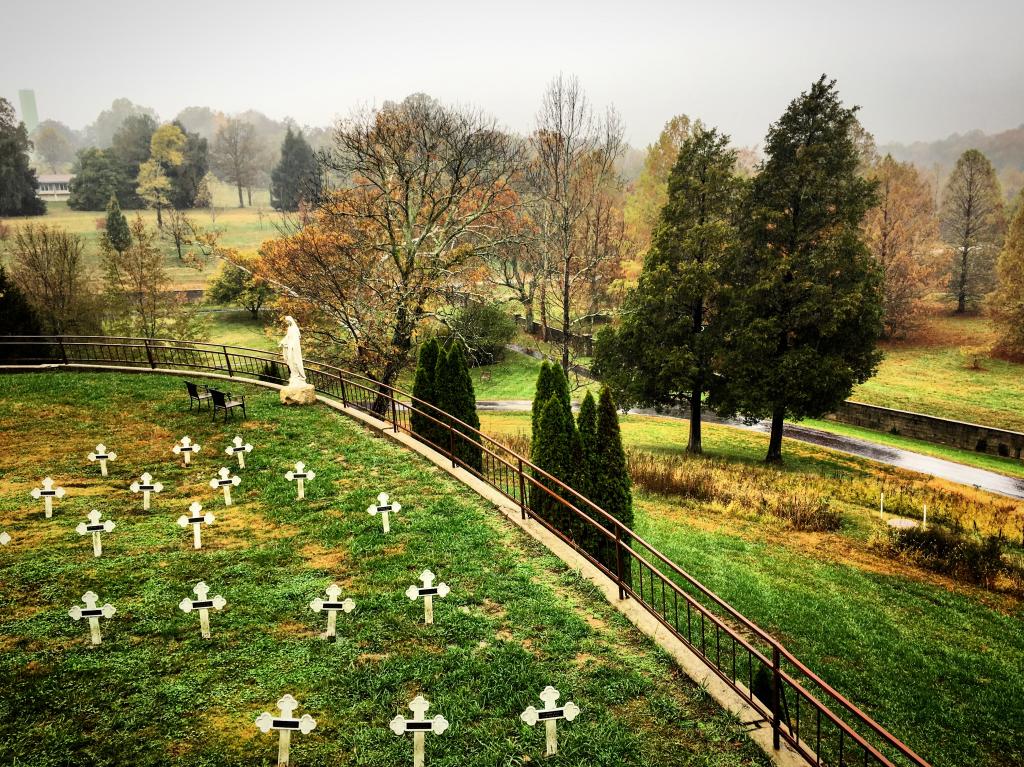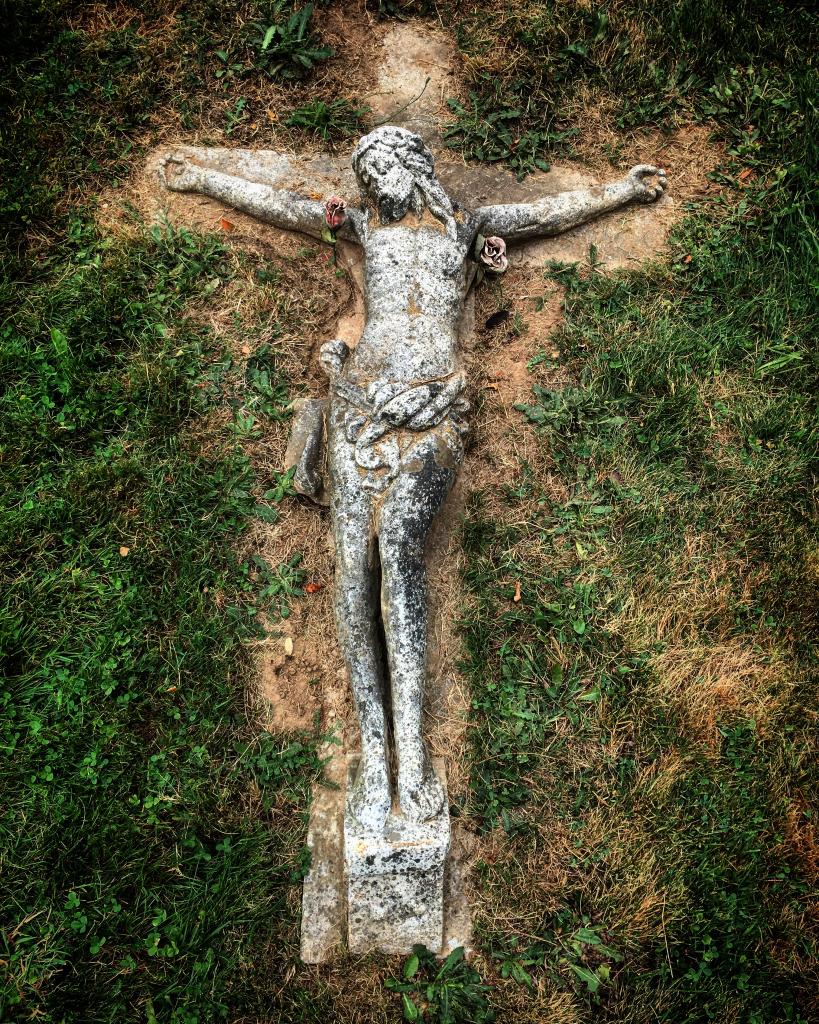The other night, I went to see the Lucas Hnath play ‘The Christians.’ The play has a small cast and revolves around a mega-church pastor who has stopped believing in hell. The play takes place inside the church, and the audience gets the handout for that Sunday’s service. The sermon that launches the play is sincere, and the gospel choir sings joyfully of Christ’s redeeming sacrifice. There is no hint of cynicism or commentary on the typical twang of the evangelical preacher, and the pastor is a very lovable and good character.
After the pastor preaches his sermon about his belief that the God of love could not condemn anyone to hell, and that all are saved through Christ, he first loses his associate pastor, then some stalwart followers, and eventually his own wife threatens to leave him.
The play is well written, except for the stylistic meta-narrative given by the main character. But what struck me was how uncomfortable so many people in the audience, in ‘secular’ Canada and even more ‘secular’ Vancouver, were. Perhaps they went expecting to see a bash of Christianity which can at times be bigoted, hypocritical and insular. The lead pastor has stopped believing in hell, he is kind, he is not obsessed by money. Even the associate pastor, Joshua, who adamantly continues to believe in hell throughout the play, is relatable, honest and honorable. His own mother died in a hospital refusing to confess faith. Thus, Joshua wishes with all his heart that he could believe in the pastor’s new found theology that hell is not real. But his loyalty to the Bible as the word of God, and the passages that refer to hell as a real place where real souls will suffer if they do not confess faith in Christ, or live good lives, haunts him and compels him to believe that it must be real. For Joshua, even if he earns heaven, it will be like hell, because he will be there with the knowledge that his own mother is writhing in torment in actual hell.
Even the associate pastor, Joshua, who adamantly continues to believe in hell throughout the play, is relatable, honest and honorable. His own mother died in a hospital refusing to confess faith. Thus, Joshua wishes with all his heart that he could believe in the pastor’s new found theology that hell is not real. But his loyalty to the Bible as the word of God, and the passages that refer to hell as a real place where real souls will suffer if they do not confess faith in Christ, or live good lives, haunts him and compels him to believe that it must be real. For Joshua, even if he earns heaven, it will be like hell, because he will be there with the knowledge that his own mother is writhing in torment in actual hell. The play leaves secular and religious people grappling with character’s intense struggles in ways that neither fully agree with orthodox Christian nor secular assumptions about church, religion, and God.












